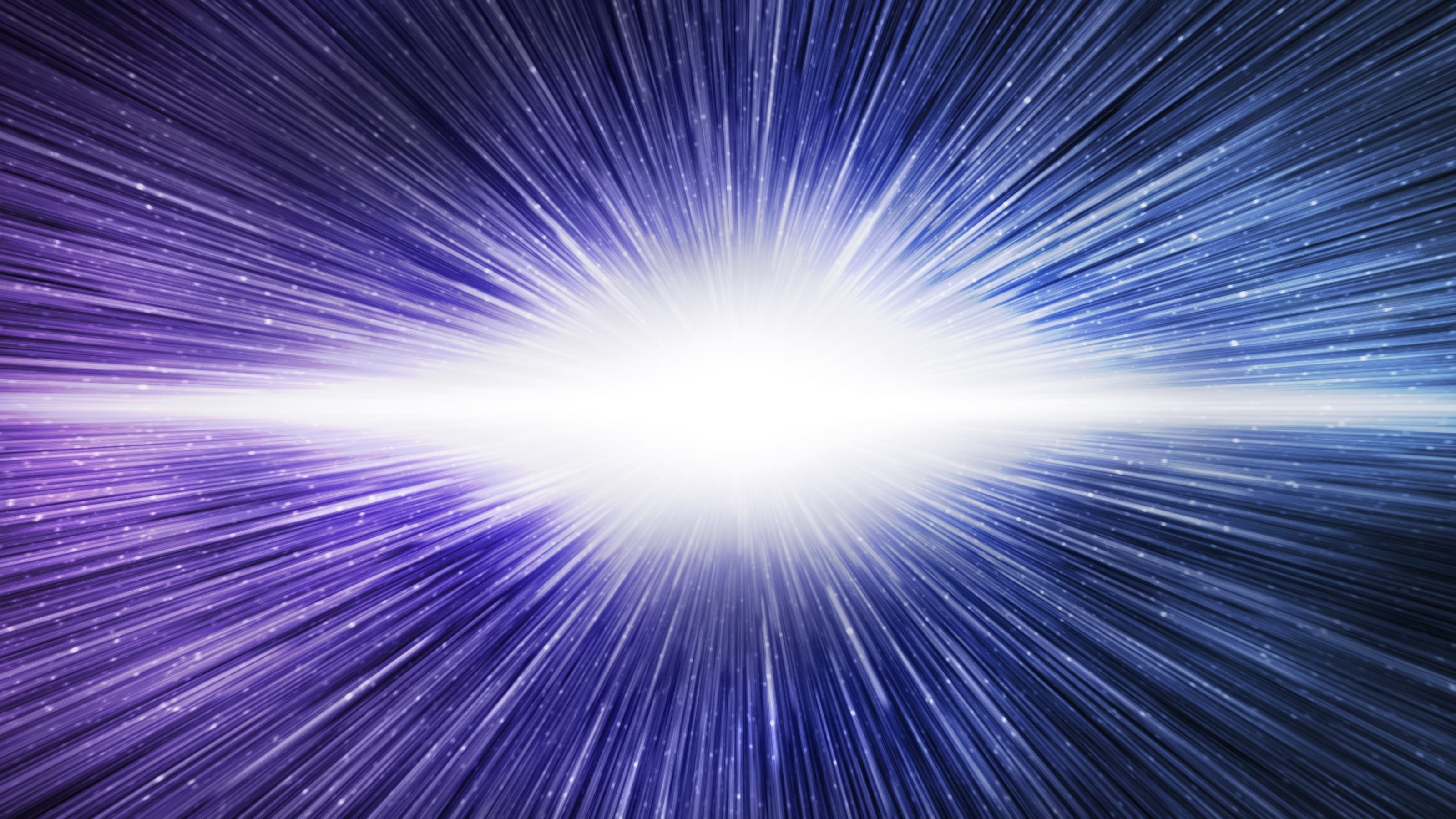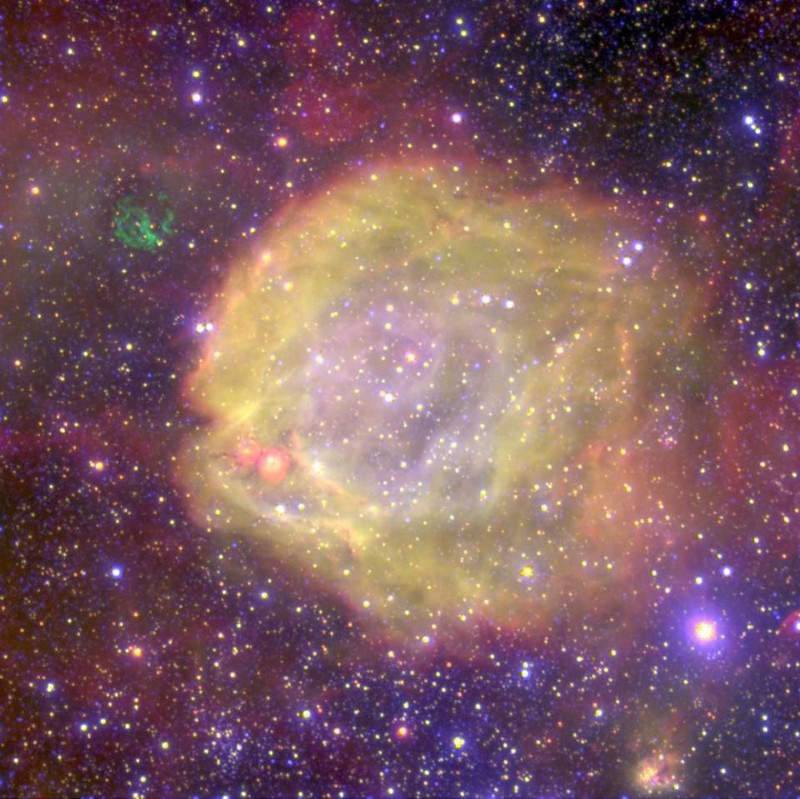The strange Rachael Dolezal saga has opened the door to a world’s worth of hot takes and perspectives. Author and poet Clint Smith stopped by Big Think recently and explained why he sees a major separation between Dolezal and the African-Americans she seeks to identify with. The freedom to go from identifying as white to black isn’t afforded to blacks who would want to identify as white.
Clint Smith: The Rachel Dolezal case and phenomenon is interesting. Part of me finds it very silly. People have been talking about this idea of transracial like if you’re comparing her to Caitlyn Jenner and saying, you know, well if someone can choose, can say that they were born feeling a woman or born feeling a man in a woman’s body or what have you. Then if they can make that choice, shouldn’t someone still be able to make that choice around race.
I would push back and say that I don’t think that those are the same thing. I think those have very different consequences and implications and manifest themselves in very different ways. And, you know, Rachel Dolezal, while she might deeply love black culture, while she might deeply believe herself to be a participant in black social and cultural spaces, at the end of the day she can opt out, you know. She can say — she can choose to not be black in a way that black people cannot choose to not be black. I can’t, you know, get pulled over by a policeman and tell him I’m white today. So the way you should interact as me as a white person because that’s how I identify. I can’t do that. That’s not a reality. I don’t have the opportunity or would ever want to opt in or out of my racial identity. For Rachel Dolezal, she can. She can choose if it came down to a matter of deep inconvenience, she could choose to not navigate the world as a black person anymore. And in the implications of her actions are subsequently very different than a real black woman’s. And I think it brings up a larger conversation around what is race, which I think is an important conversation to have. Because again we have to recognize that race is largely a social construct. Like it is not an actual real thing.
Racism and because race has been made a real historical issue, those things are real. But when it’s done I think and what’s important is it is sort of there’s a catalyst for a dialogue again in a different way as so many things over the course of this year have around what race is, how we think about it, how we conceive of what it means to be racialized. And I think these are important conversations to have.




